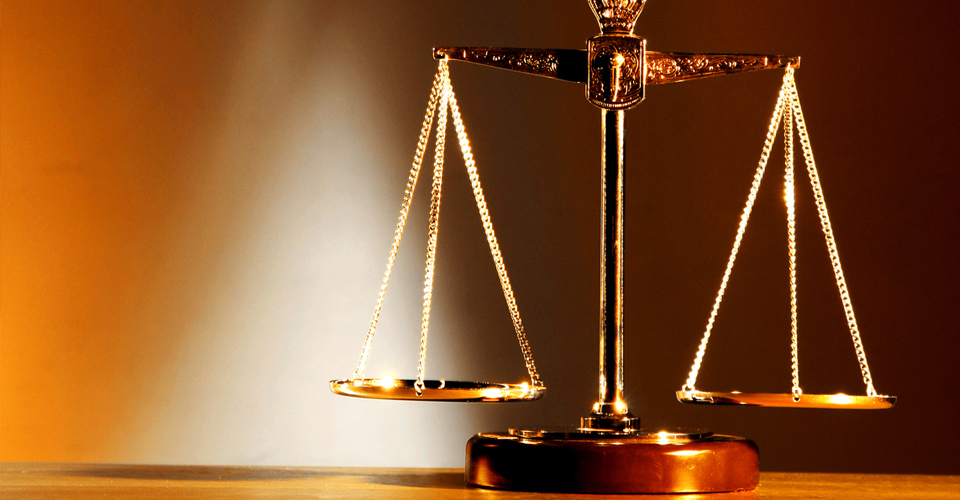Public Safety Statutes Judicial Interpretation
Public safety statutes refer to laws and regulations enacted by governments to protect the well-being and security of the public.
Judicial interpretation of these statutes plays a crucial role in determining their scope, application, and overall effectiveness in safeguarding society. Courts’ interpretations can shape the implementation and enforcement of public safety laws, impacting individuals’ rights and government actions.

Balancing Public Safety and Individual Rights:
One of the key challenges in judicial interpretation of public safety statutes is striking a balance between protecting the public and upholding individual rights.
Courts must carefully consider whether the statute’s provisions infringe upon constitutional rights, such as privacy, freedom of speech, or due process. They may engage in a process of “strict scrutiny” or “rational basis review” to assess whether the law is narrowly tailored to achieve a compelling government interest.
Defining Ambiguous Terms:
Public safety statutes often contain vague or ambiguous language, leaving room for interpretation. Courts must clarify the meaning of such terms to ensure consistent application of the law. Their interpretation can establish legal precedents, guiding future cases and law enforcement practices.
Addressing Emerging Threats and Technologies:
As society evolves, new challenges to the public emerge, often involving rapidly advancing technologies. Judicial interpretation of existing statutes may need to adapt to address these new threats and also ensure that public safety remains protected in the face of changing circumstances.
Limiting Government Authority:
Judicial interpretation can also serve as a check on government authority. Courts may review the constitutionality of specific provisions, restrain excessive use of power by government agencies, also prevent abuse of public statutes for unrelated purposes.
Ensuring Proportional Punishment:
In criminal cases, judicial interpretation influences the application of sentencing guidelines and penalties. Courts may consider the severity of the offense, the intent of the offender, also the potential risk to the public in determining an appropriate punishment.
Public Safety and Civil Liberties:
The balance between public safety and civil liberties is a central concern in judicial interpretation. Courts must carefully navigate cases that involve issues such as surveillance, data collection, and public health measures. Their decisions impact the boundaries of government action in the name of the public.
Conclusion:
Public safety statutes are critical instruments in ensuring the security and well-being of society. Judicial interpretation plays a fundamental role in defining the scope, limitations, also implementation of these laws.
Courts’ decisions not only impact individual rights but also shape the overall legal landscape concerning the public.
Striking the right balance between safeguarding society and upholding civil liberties is an ongoing challenge, one that requires thoughtful also diligent interpretation by the judiciary to ensure the continued protection of public and individual rights. 바카라사이트